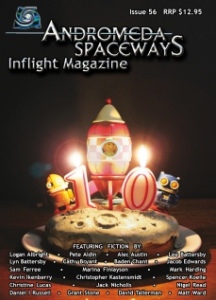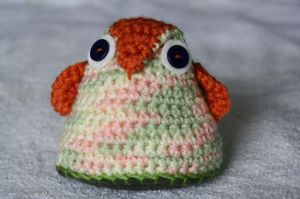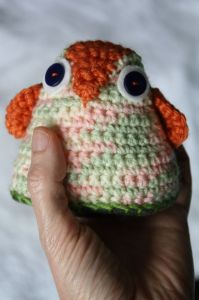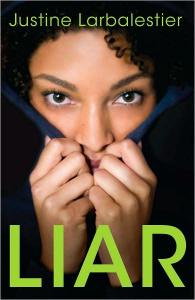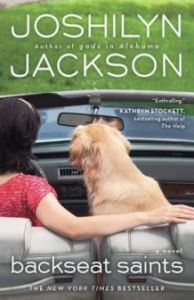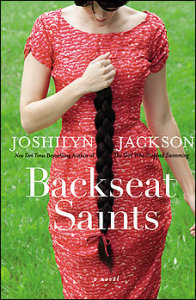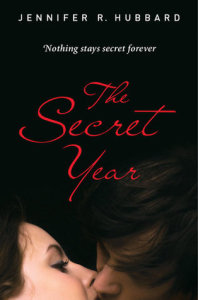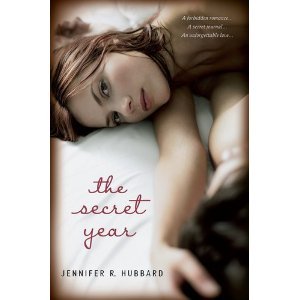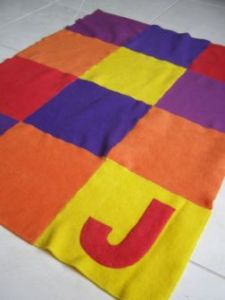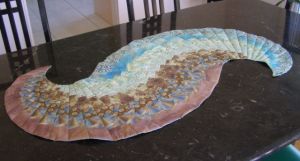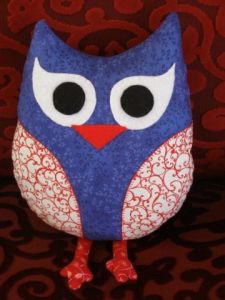As you get older it gets harder and harder to do things for the first time. I love learning new things, but trying new things? Scary! Of course, there’s always a million things you’ve never done, but by the time you’ve got some history behind you, the list of things you’re likely to ever attempt shrinks.
I can assure you, for instance, that there is no way I am EVER going to jump out of a perfectly good plane and trust my life to a concoction of silk and rope that will hopefully deploy at just the right moment to save me from being splattered across the face of the earth. Nor will I ever go scuba diving, or learn to speak Japanese (not to pick on Japanese, which I’m sure is a perfectly good language – just can’t see it ever making it on to my list of 100 Things to Do Before You Cark It). And I’ll probably never tailor a three-piece suit, or drive a semi-trailer, or get into a fist fight or a million other things, large and small.
But lately “firsts” seem to be popping up all over the place. I played my first ever game of netball, after watching the girls from the sidelines for the last three years. First ever game of any team sport, in fact. And it was awesome. Who knew sport could be so much fun?
This week I’m going for my first ever taekwondo grading. I’ll be a yellow belt! Huge, I know – it’s only one rank above absolute beginner, but I’m still excited.
And at the beginning of the month, I went to my first ever sf convention – the World Science Fiction Convention. It’s usually held somewhere in the US, but this year it was in Melbourne, so I dragged the whole family along for a long weekend. The long-suffering Carnivore carted the younger two around to all the Melbourne attractions through bucketing rain and arctic gales, while Drama Duck and I skipped around the convention centre in airconditioned comfort, having so much fun it should have been illegal.
One of our first panels on the Saturday was on pitching your novel, where I was pleased to discover I knew everything the panellists were advising. The big excitement at this session, though, was meeting up with bloggy friend Jaye Patrick. Jaye and I have “known” each other ever since I did Nano for the first time in 2007, and it was great to finally meet in real life. She put me on the spot though. One of the first things she said to me was “how is Verity going?” and of course I had to admit Verity has been sadly neglected.
After lunch Drama Duck and I lined up for half an hour to make sure of a spot at Glenda Larke’s kaffeeklatsch the following day – a chance to sit around a table drinking coffee and chatting with an author for an hour about whatever you like, limited to only eight people. We were the first two people to sign up and very excited at the opportunity.
Glenda is lovely, with a great sense of humour. We attended several of her panels over the three days we were there, and she was very entertaining as well as insightful. The kaffeeklatsch was great. Drama Duck even worked up the courage to ask her a question and now has a serious case of hero worship going on. She demanded a Glenda Larke book to read after meeting her. The only one I had with me was the second book of the Watergivers trilogy and she got stuck into it straight away. Every time she came up for air she’d say “this is a really good book, Mum!”. She’d finished it before we got back to Sydney.
Other highlights included meeting George RR Martin – he’s such a Big Name in the fantasy world it’s like meeting God – and some other writers whose blogs (and work) I follow. John Scalzi is just as funny in person as on his Whatever blog. Peter V Brett made a big impression in the panel on promoting yourself and your work. He’s an introvert, like many writers, and finds self-promotion difficult. He pointed out that an introvert is not a person who can’t manage social interactions, but someone who is drained by the effort, whereas an extrovert is energised by social interaction.
I also discovered some new writers to try, like Catherynne M Valente, scarily intelligent and fiercely feminist on all the panels we saw her on. She had a rant about Shrek 4 at one stage which was very amusing but also thought-provoking. Her beef was that Shrek makes a deal with Rumpelstiltskin to change the past so he doesn’t rescue Fiona from the tower. In this new world Fiona rescues herself, and is brave, resourceful, a leader and freedom fighter – but the world is absolute crap. The message being that women must never dare to take action but must wait to be rescued by some man. Strong independent women destroy the world. I knew there was a reason I didn’t like that movie!
Russell Kirkpatrick and David Cornish gave me a new appreciation for maps in fantasy novels. I’ve always been pretty anti-map. I gave up looking at the things once I realised they were like having spoilers. Oh, there’s a huge city on the map up there? Must be important then. And there’s only one pass through the inhospitable mountains? Guess we know which way the characters are going then. But their maps are works of art, and there was much discussion of the things you could map apart from geographical features. Interesting stuff.
In fact, there was so much interesting stuff on offer it was hard to choose where to go. Every hour there were at least three panels I wanted to attend. Unable to split myself, I had to miss some that sounded awesome, but most of the ones I attended were good. Probably my favourite of the whole weekend was “Anatomy for Writers, Fighters and Tavern Brawlers”. Run by Sean McMullen, a martial arts expert as well as an author, it was not only educational but extremely funny. His poor assistant got drawn all over to show his muscles, stabbed with an umbrella masquerading as a sword and manhandled in various painful-looking ways as Russell demonstrated disarming and attacking opponents. Russell also snapped a thick board with his bare hand, which Drama Duck and I were hugely and geekily impressed with, seeing as how we’re budding martial artists ourselves. I’ve never seen anyone do that in real life.
All in all, it was a great experience, and very inspiring. I’ve started working on Verity again, after procrastinating as long as humanly possible. Yes, there have certainly been some unusual and stressful times lately, but basically I was just scared to get back on the horse after so long. Now that I have, my enthusiasm for the story is back.
In one of those serendipitous coincidences, I also found this post today by John Scalzi about making time to write: in essence, it’s really not that hard. “Do you want to write or don’t you?” he asks. “If your answer is ‘yes, but,’ then here’s a small editing tip: what you’re doing is using six letters and two words to say ‘no.’ ”
In other words, “Butt, this is Chair; Chair, meet Butt”. Time to get those two old friends reacquainted.





